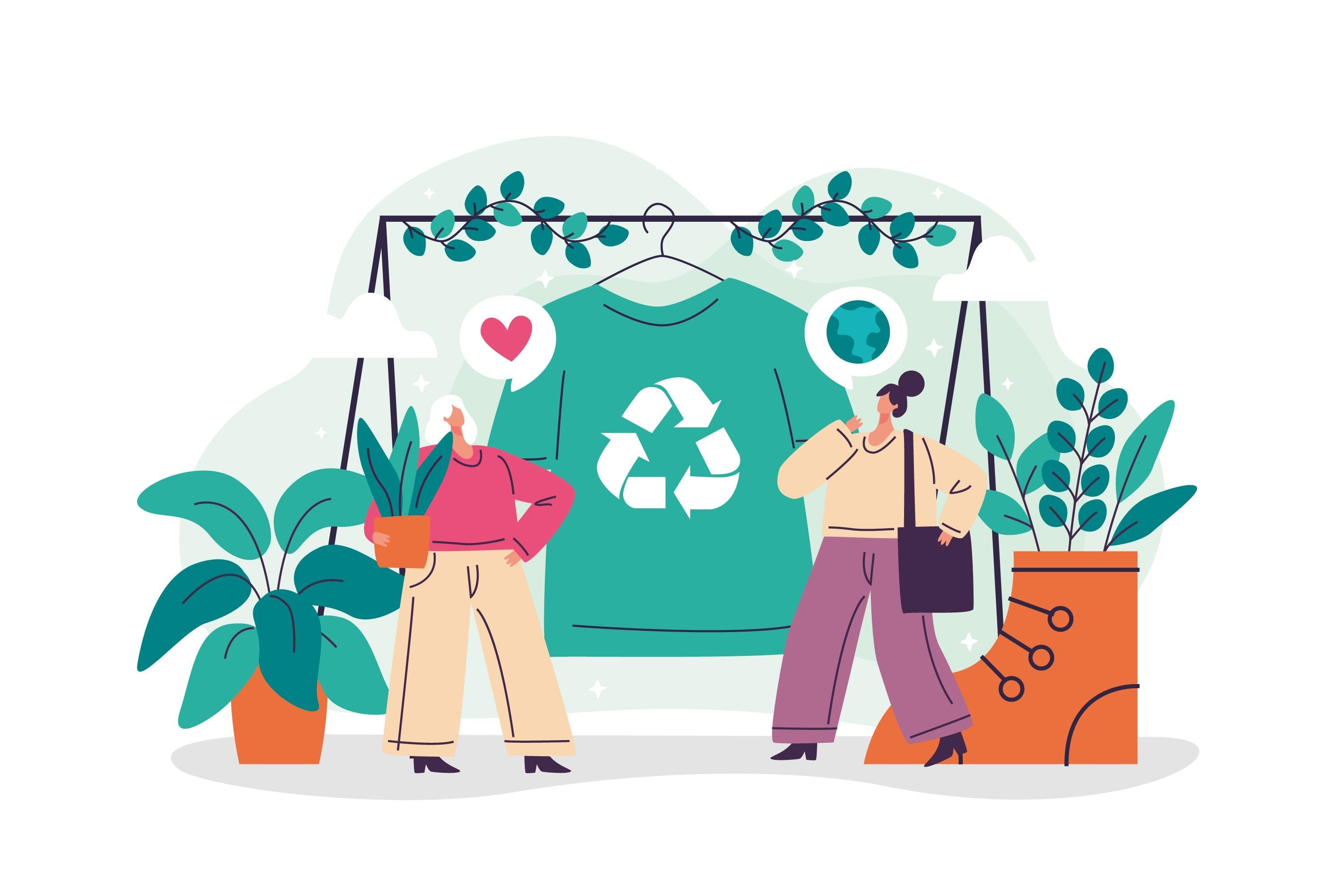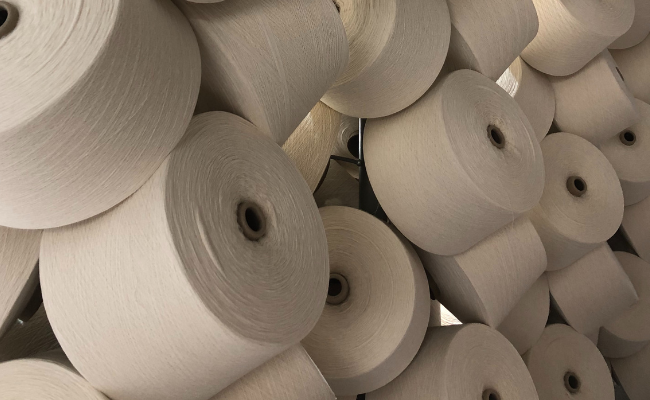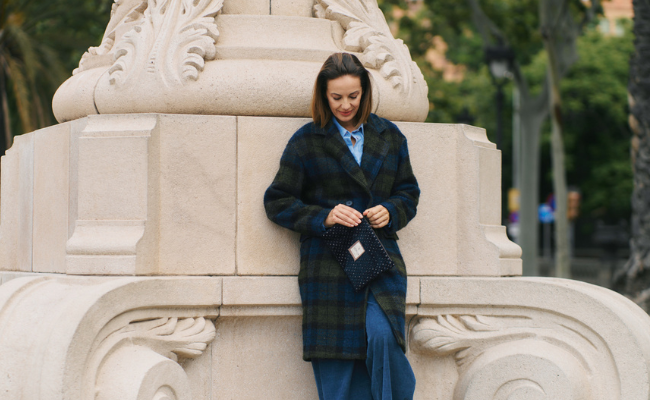Article: Sustainable fashion: much more than a trend

Sustainable fashion: much more than a trend
Sustainable fashion is no longer an alternative for a select few, but a global movement that responds to the urgency of caring for the planet. In the face of an industry that consumes resources at an unsustainable rate, this new way of understanding fashion proposes concrete and realistic solutions to reduce the environmental and social impact of our everyday choices.
What is sustainable fashion?
Sustainable fashion is designed, produced, and consumed with a focus on minimizing its environmental footprint. It includes everything from the use of eco-friendly and recycled materials to the implementation of responsible processes in the production, distribution, and after-sales service of garments.
It's also closely linked to the circular economy , prioritizing long-lasting garments, textile recycling, reuse, and responsible consumption. More than a label, it's a philosophy that promotes respect for people and the planet.

Why does fashion urgently need change?
The textile industry is the second most polluting industry in the world. Some figures to reflect on:
-
It takes 2,700 liters of water to produce a single conventional cotton T-shirt.
-
85% of textiles end up in landfills each year.
-
Many garments contain synthetic fibers that release microplastics with every wash.
The "use and throw" model has created a culture of rapid consumption that affects not only the environment but also the communities where clothing is produced.
Sustainable fashion in Spain
In cities like Barcelona , Madrid , and Valencia , more and more brands are focusing on responsible, local, and conscious production. Sustainable fashion fairs, ethical brand directories, online stores that prioritize slow design, and training initiatives such as master's degrees in sustainable fashion are also developing .
Spain is positioning itself as one of the most active countries in Southern Europe in terms of developing eco-friendly and circular fashion.
Sustainable materials in fashion
Materials are the foundation of any garment, and also one of the most important factors in reducing environmental impact:
-
Organic cotton : grown without toxic pesticides or fertilizers.
-
Flax and hemp : low water consumption fibers.
-
Tencel or lyocell : made from sustainably managed wood pulp.
-
Recycled fibers : recycled polyester from bottles, regenerated wool, among others.
In addition, many brands are opting for natural dyes, chemical-free finishes, and reducing water and energy use in their processes.

Benefits of sustainable fashion
-
Lower environmental impact : less waste, less CO2 emissions, less water used.
-
Fair working conditions : support for local workshops, fair trade and decent work.
-
Conscious consumption : encourages thoughtful purchasing and prolonged use of garments.
-
Support local businesses : stimulates the local economy and crafts.
How to recognize a sustainable brand
-
Show transparency about your production chain.
-
Use certified materials (GOTS, OEKO-TEX, Fair Trade).
-
It has a local or artisanal production.
-
Use sustainable packaging and reduce waste.
-
Provides information on the life cycle of your products .

Sustainable fashion for women
Sustainable fashion suits all ages and styles. There are brands specializing in:
-
Conscious and versatile women's fashion.
-
Quality men's fashion with timeless design.
-
Children's fashion with organic and chemical-free cottons.
Inspiring campaigns and examples
-
Brands that reuse textiles from past collections.
-
Collaborations with environmental NGOs.
-
Stores that offer garment repair or buyback programs.
-
Designers who work with recycled or biodegradable materials.

Conclusion: dress consciously
Sustainable fashion is not a passing fad. It's a path toward a lifestyle more aligned with the values of the present and the future. It involves observing, reflecting, and making more responsible decisions about what we wear on our skin.
Every choice counts. And dressing consciously is a way to express not only our style, but also our commitment to the world we share.
If you're interested in discovering sustainable fashion brands in Spain or learning more about starting a conscious wardrobe, subscribe to our newsletter and join us on this journey toward meaningful dressing.







